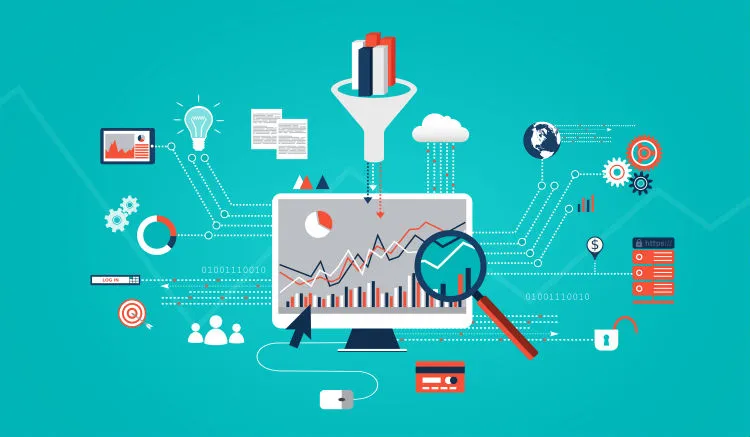
The Ethics of Big Data Analytics
June 16, 2023Big data analytics are revolutionizing how companies operate. While their benefits to both society and businesses can be numerous, these innovations also raise many ethical concerns.
Privacy, transparency, accountability and responsibility are key concerns associated with using big data responsibly in order to avoid unintended outcomes. Businesses should make an effort to use it transparently to minimize adverse consequences and risks.
Privacy
Data privacy is an ethical concern that requires businesses to be cognizant of and put policies in place that address it effectively. Failing to do so could result in identity theft, fraud and discrimination; furthermore it’s vital that only necessary data is being collected as well as being secure from cyber criminals.
Ethics surrounding Big Data are forcing ethics to reconsider some of its fundamental assumptions, particularly with respect to individual moral agency and free will, with potentially disastrous ramifications for how we use and interact with data in everyday life.
Setting out an effective framework for discussing big data innovation issues is critical to its long-term success and safety. This framework should encourage open dialogue about how to balance risks against opportunities while aligning actions with values. This includes four ethical principles such as prioritizing privacy, striving for objectivity, using data for social good purposes, being transparent and accountable and being held responsible.
Transparency
Companies that are upfront and honest with how they collect data and how it is utilized foster trust with customers and employees. Transparency policies also enable businesses to identify unfavorable outcomes resulting from using big data, so that steps may be taken to mitigate their effects.
As it relates to personal data, a lack of transparency can have serious repercussions for people’s privacy and freedom. Indeed, lack of transparency associated with many big-data projects has provoked significant pushback through laws like the European Union’s General Data Protection Regulation.
Without an explicit framework for discussing ethical questions in business environments, conversations often devolve into heated arguments between sides without moving either agenda forward. To prevent this scenario from arising, leaders need to set clear guidelines and communicate them within their organizations effectively – this might include featuring your company’s data ethics policy prominently on screen savers as one of our interview subjects did or tailoring conversations about big data to different employee groups so they understand each topic discussed.
Accountability
Companies’ extensive amounts of information collection raises various ethical concerns. Most notably is related to potential harm posed by personal data being collected, sold, mined, resold, linked (correlated), and used across multiple business operations. Although this information primarily concerns individuals and their characteristics and behaviors, its misuse could impact not only them personally but also corporations, hospitals, nonprofit research facilities, and many other organizations that store this type of data.
Harm to individuals can range from identity theft and fraud, to discrimination. Businesses must make ethics a top priority when using their data by setting clear policies regarding privacy, objectivity and accountability – this helps build trust with customers while supporting social justice initiatives and creating a better world. By making key decisions early and continuously reviewing and refining ethics practices they can avoid the negative repercussions that may come from not taking such actions.
Responsibility
Big data offers companies tremendous potential to expand, adapt, and prosper; but it also raises ethical considerations that businesses should address responsibly or face serious consequences such as legal fines or the potential risk to consumers or employees.
Big Data presents another risk: discrimination and bias. This risk is real given that algorithms can be trained with biased data sets such as photographs publicly available online of individuals. One instance was when an algorithm used by courts to assist judges in sentencing offenders was revealed as being riddled with racial discrimination against black individuals.
Companies should acquire competency in engaging in explicit discussions about risks associated with big data innovations and how they balance them against their benefits. Furthermore, it’s crucial that policies be in place and clearly communicated to employees and customers alike.




